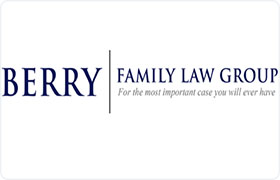Norcross Reorganization Lawyer, Georgia
Sponsored Law Firm
-
 x
x

Click For More Info:
-
Berry & Associates
2751 Buford Highway NE Suite 600 Atlanta, GA 30324» view mapBankruptcy For the Most Important Case You'll Ever Have
We know how important your case is. And we know we really only have one, best chance to get it right. And we will.
800-659-5561
W. Calvin Bomar
Estate Planning, Corporate, Business Organization, Reorganization
Status: In Good Standing
FREE CONSULTATION
CONTACTChristopher Phillips
Workout, Reorganization, Credit & Debt, Commercial Bankruptcy
Status: In Good Standing
Steven Scott Heinrichs
Litigation, Transportation & Shipping, Antitrust, Reorganization
Status: In Good Standing Licensed: 31 Years
Craig B. Lefkoff
Litigation, Reorganization, Bankruptcy, Bankruptcy & Debt
Status: In Good Standing Licensed: 41 Years
Philip Lindsey Rubin
Litigation, Reorganization, Bankruptcy, Bankruptcy & Debt
Status: In Good Standing Licensed: 29 Years
Thomas J. Reichard
Reorganization, Bankruptcy, Bankruptcy & Debt
Status: In Good Standing Licensed: 28 Years
Antonia Ngozika Okonkwo
Real Estate, Immigration, International, Reorganization
Status: In Good Standing Licensed: 18 Years
William Barrington King
Wills & Probate, Reorganization, Credit & Debt, Bankruptcy
Status: In Good Standing Licensed: 38 Years
 Matthew Berry Atlanta, GA
Matthew Berry Atlanta, GA AboutBerry & Associates
AboutBerry & Associates Practice AreasSpecializations
Practice AreasSpecializations
